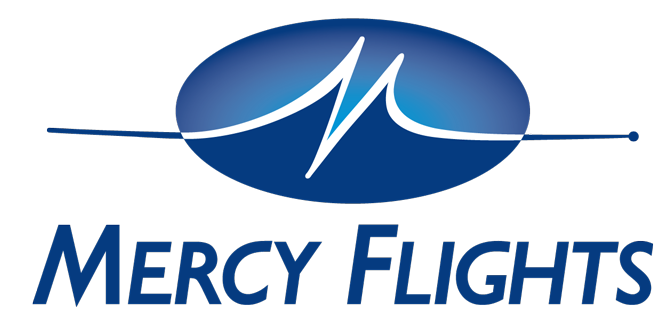Mercy Flights, local county health, hospitals, first responders team up to share message that “minutes matter”
Mercy Flights Inc is partnering with Jackson County Public Health and local hospitals and first responders to encourage Southern Oregon residents to call 9-1-1 for emergencies including difficulty breathing, heart attacks and strokes. According to health authorities, fear of COVID-19 exposure is causing a nationwide drop in 9-1-1 calls. At the same time, some people with severe, life-threatening conditions are waiting too long to seek care. In an effort to address the problem in Southern Oregon, providers and first-responders are teaming up to share the American Ambulance Association’s #MINUTESMATTER campaign with local residents.
“While we’re encouraging people to stay home and save lives, it’s critical that they understand that it’s okay to call 9-1-1 if they are experiencing an emergency,” said Mercy Flights Medical Director Alicia Bond, MD. “Our biggest concern is that time is of the essence when it comes to heart attack, stroke, or respiratory distress and we want people to get the care they need immediately.”
According to Mercy Flights Chief Operations Officer Tim James, the local nonprofit air and medical ground transport company has seen a recent drop in 9-1-1 calls, along with a 63% increase in “high acuity” calls, or patients who are very sick or at risk of becoming very sick.
“Some patients are waiting days to call 9-1-1 even though they have severe and persistent symptoms,” said James. “That’s why we’re working with our local health and first-responder partners to spread the minutes matter message.”
Mercy Flights is joined in this effort to urge Southern Oregon residents to call 9-1-1 for emergencies by: Jackson County Public Health; Providence Medford Medical Center; Asante Health System; Ashland Fire and Rescue; American Medical Response Josephine County; Rogue River Fire Department; Fire District 3; Medford Fire-Rescue, Applegate Valley Fire District and the other Rogue Valley Fire agencies.
“We’re asking our local media partners to join us in this public health effort as well as we work to keep our neighbors safe and well,” said James.
The partners have a goal to educate community members about the signs and symptoms of serious, life-threatening illnesses that require a call to 9-1-1. Warning signs and symptoms to be aware of are listed below.
Warning signs and symptoms of breathing difficulty
People experiencing breathing problems that are more severe than a normal cold or allergy should seek medical care as soon as possible. Some common conditions that are treated in the ER for difficulty breathing include asthma, pneumonia, heart attack, allergic reaction, and blood clots in the lungs. Breathing problems are often described as:
- Shortness of breath
- Wheezing
- Rapid, shallow breathing
- Breathlessness
Warning signs and symptoms of heart attack
- Discomfort in the center of the chest that lasts more than a few minutes, or that goes away and comes back (it can feel like uncomfortable pressure, squeezing, fullness or pain)
- Shortness of breath (with or without chest discomfort)
- Pain or discomfort in one or both arms, the back, neck, jaw or stomach
- Cold sweat nausea or lightheadedness
Warning signs and symptoms of stroke
- Drooping or numbness on one side of the face (ask the person to smile)
- Weakness in one arm (ask the person to raise both arms to see if one arm drifts downward)
- Difficulty speaking or slurred speak (ask the person to repeat a simple sentence, like “the sky is blue.” Is the sentence repeated correctly?)
Warning signs and symptoms of cardiac arrest
- Sudden loss of responsiveness


